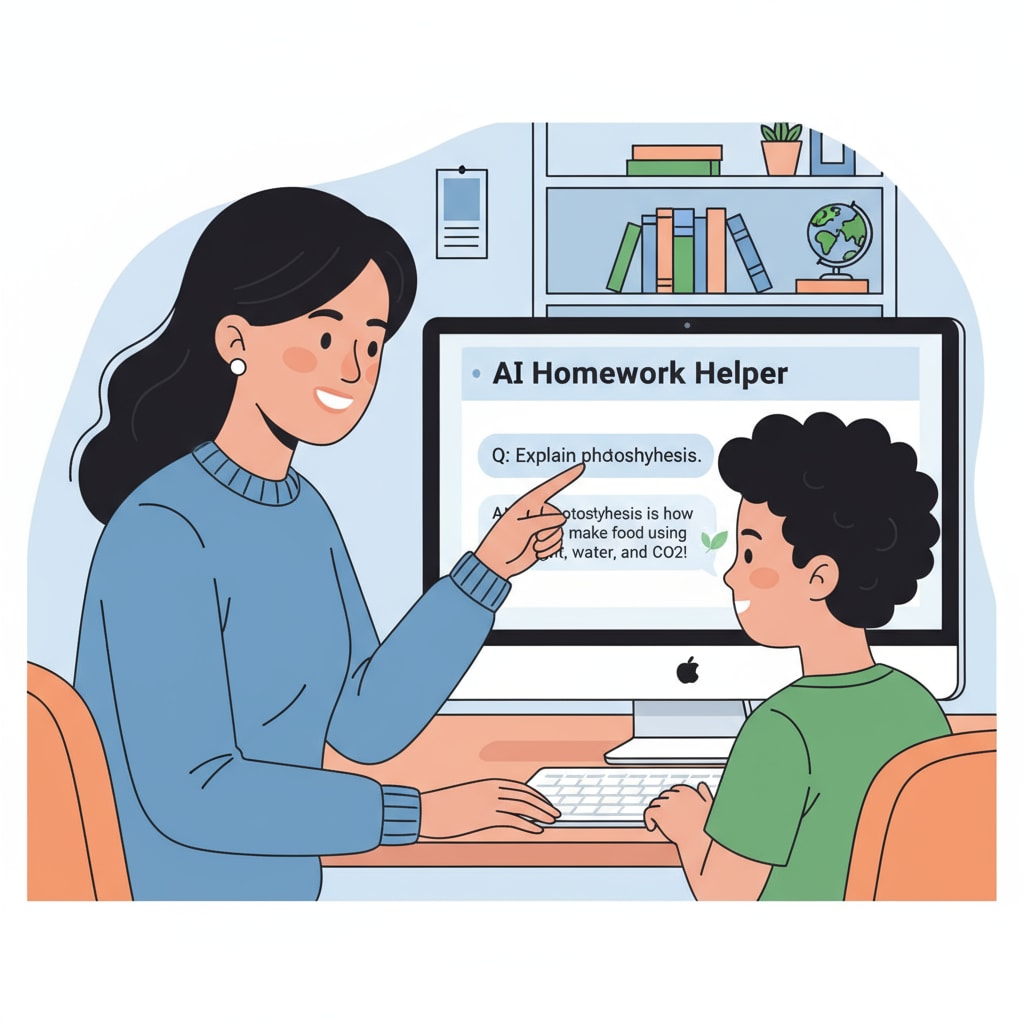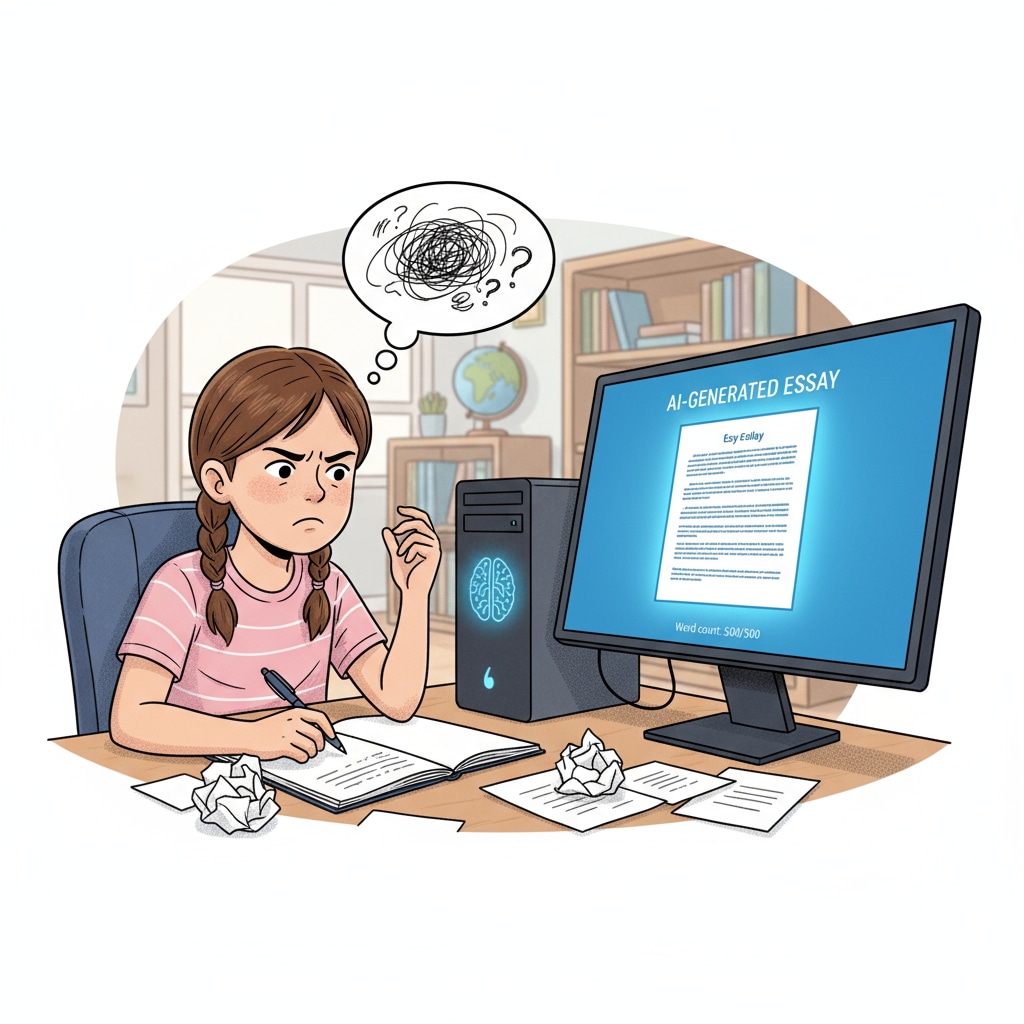AI cheating, parental indulgence, and writing anxiety have emerged as significant concerns in the landscape of modern education. With the widespread availability of AI tools such as ChatGPT, an increasing number of parents are turning to these technologies to help their children complete homework. This trend has given rise to profound ethical debates regarding the authenticity of education, the concept of learning responsibility, and the appropriate boundaries of technology in the educational realm.

The Rise of AI in Homework Assistance
The convenience and capabilities of AI have made it an appealing option for parents. For example, AI can quickly generate essays, solve math problems, and provide detailed answers. This has led to a situation where some parents, perhaps out of a desire to see their children succeed or due to their own lack of time to help, are using AI to complete assignments on behalf of their kids. According to ChatGPT on Wikipedia, the simplicity of using these tools has contributed to this concerning practice. However, this form of parental indulgence in the guise of assistance is blurring the lines of what it means to truly learn and complete assignments independently.
The Impact on Learning Responsibility
When parents use AI to complete their children’s homework, it undermines the development of learning responsibility. Children need to grapple with challenges, make mistakes, and learn from them. By having AI do the work, they are deprived of these essential learning experiences. Writing anxiety, which is a common issue among students, is also exacerbated. Instead of learning to overcome it through practice and guidance, students may come to rely on AI to avoid the discomfort of writing. As a result, they fail to develop the skills necessary to express themselves effectively.

The ethical implications of this parental behavior are far-reaching. It not only affects the individual student’s growth but also has consequences for the educational system as a whole. In addition, it raises questions about fairness in assessment, as students who rely on AI may gain an unfair advantage over those who do their own work. To address these issues, educators, parents, and society need to engage in a dialogue about the proper use of technology in education. We must redefine the essence of education in this era of rapid technological change to ensure that students are truly learning and developing the skills they need for the future.
Readability guidance: This article uses short paragraphs to enhance clarity. Each section presents key points in a straightforward manner. Transition words like “however”, “for example”, and “in addition” are used to connect ideas smoothly. The focus is on presenting the issues related to AI in K12 education in an accessible way, avoiding overly complex language and sentence structures.


